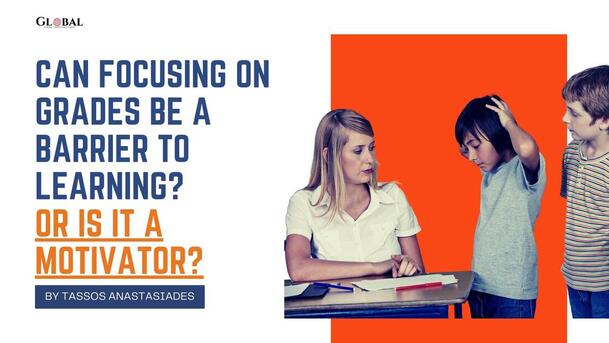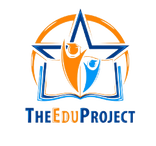Archives
June 2024
May 2024
April 2024
March 2024
February 2024
January 2024
December 2023
November 2023
September 2023
August 2023
July 2023
June 2023
May 2023
April 2023
March 2023
February 2023
December 2022
November 2022
August 2022
July 2022
June 2022
May 2022
March 2022
August 2021
June 2021
May 2021
April 2021
March 2021
February 2021
January 2021
December 2020
November 2020
October 2020
September 2020
August 2020
June 2020
May 2020
April 2020
December 2019














